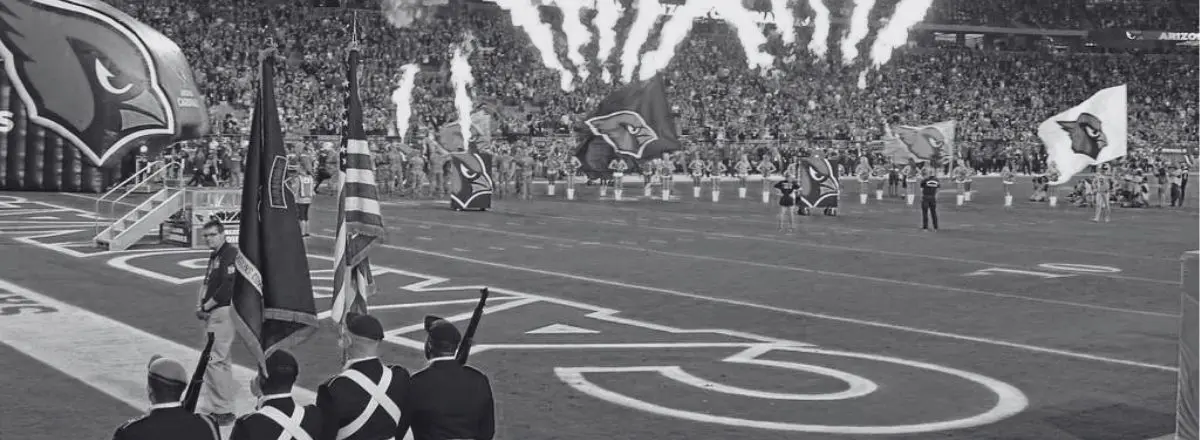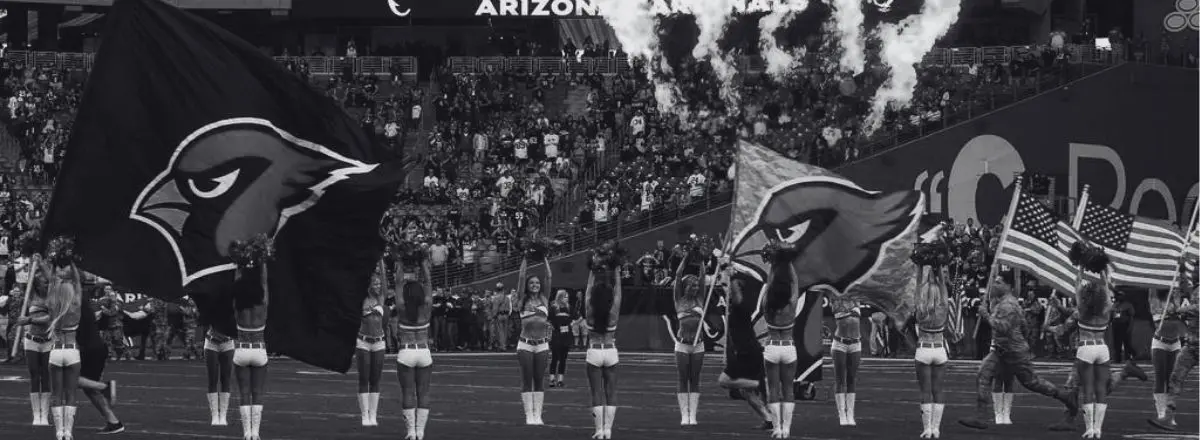Tensions may be heating up inside the Arizona sports betting market. And to almost no one’s surprise, the rise of prediction markets in The Grand Canyon State is to blame.
These “event-based outcome” transactions are starting to pop up everywhere. They are viewed as legal alternatives to sports betting in the United States. Not only do companies who offer these contracts argue they don’t need a license to operate in markets with legalized gambling, but they have rolled out their services in states without legalized sports betting.
This has naturally led to outrage from state officials, regulators, tribal gaming operators, and of course, licensed sportsbooks in the United States. And yet, this is where the prediction-market game gets thornier. It is no longer just specific applications offering these event-based contracts. Sites with licensed sportsbooks have started launching prediction-market services in markets both with and without sports betting. That includes a heavyweight company like FanDuel, which just recently launched prediction markets in virtually every state without online sports betting.
It was only a matter of time before states started trying to intervene. This is exactly what happened with daily fantasy sites. Cease and desist letters were sent, and companies like Underdog and PrizePicks, among others, were forced to exit markets or shift business models. Not surprisingly, both of the aforementioned companies, alongside others, ventured into the prediction-markets game. And now, Arizona sports betting regulators are among those attempting to put a stop to it.
Arizona Sports Betting Operators Could Face Repercussions
The Grand Canon State is not just targeting companies it believes are operating without a sportsbook license. It is also cracking down on sportsbooks who have entered the predictions market themselves. Here is Legal Sports Report’s Sam McQuillan with the latest:
“Sports betting and fantasy sports operators may be at risk of losing their licenses if they pursue sports prediction markets, state regulators are warning. The Arizona Department of Gaming told licensed operators this week that ties to companies offering event contracts ‘in violation of the laws of [another] jurisdiction … might (depending on circumstances) impact a licensing decision,’ according to a letter first reported by InGame. The warning mirrors guidance from the Ohio Casino Control Commission in August, just before Kalshi and Robinhood rolled out NFL betting spreads and totals.”
This could have huge repercussions on FanDuel, specifically. They are licensed to provide Arizona sports betting. Their recent expansion into prediction markets seems to fall under this umbrella.
Conventional wisdom suggests sportsbooks like FanDuel should just shudder their event-based-outcome-contract services in The Grand Canyon State. After all, they are bound to make more money off traditional sports betting in Arizona. It may not be that simple, though.
It’s Not Just Arizona Going After Prediction Markets
As McQuillan also notes, the entire issue in Arizona is complicated by action being taken by other states:
“Arizona, Illinois, Maryland, Montana, Nevada, New Jersey, Ohio, and Tennessee have issued cease and desists to Kalshi, Robinhood, and Crypto.com. Regulators in those states argue that sports event contracts are indistinguishable from sports betting and therefore require a license, which none of the exchanges hold. Massachusetts‘ attorney general sued Kalshi earlier this month, alleging the exchange is operating as an unlicensed sportsbook under state law.”
This widespread action requires a uniform approach from prediction-market operators. Let’s stick with FanDuel as our primary example: If they shut down event-based contracts in Arizona, it sets a precedent that they should have to do the same thing elsewhere.
Again, this isn’t necessarily a huge issue in markets where they also have sports betting licenses. But it becomes dicier when they are in places, such as Nebraska, that do not yet have online sports betting legalized.
On the flip side, companies like FanDuel and DraftKings clearly have a dilemma. They obviously do not want to ruin their chances of entering markets as sports betting operators if and when certain states change their laws. That is why they have not tried to launch event-based contracts in California—so far, at least. They seem to understand that getting on the wrong side of lawmakers and tribal nations will impede their ability to earn sports betting licenses when the time comes.
Then again, this has not stopped them from launching in places like Texas. So, it’s tough to say what the endgame is for them.
All Eyes are on Arizona…and a Few Other States
Arizona is among the states that could determine the future of prediction markets in the United States. Along with Nevada, New Jersey, Ohio and Massachusetts, they have proven most aggressive in their stance against event-based contracts.
Most signs point to this being a long battle. In Nevada and New Jersey, specifically, courts ruled that prediction-market operators could remain active while the current litigation is pending. Those decisions are not very common if you are not gearing up for a lengthy process. Many are bracing for a similar response in Arizona, Massachusetts and Ohio.
Regardless of how long it takes, so much hinges on the ultimate decision. If prediction markets fall by the wayside, the United States sports betting industry chugs along like usual. The alternative verdict is far more complicated.
Prediction-market operators argue event-based contracts are trades rather than bets. This means that those transactions would fall under federal regulation and would not be in violation of Arizona sports betting laws. If that interpretation holds up, it poses an existential threat to tribal gaming operators, as well as sportsbooks that don’t enter the event-based-outcome business themselves.
So will this play out like the litigation over daily fantasy sports sites? Or is the sports betting market in Arizona and the rest of the country about to change forever? Time will tell—and when it does, the stakes will be incredibly high.
Take a look at this list of the top online sportsbooks so you can find one that works for all of your sports betting needs:
-
EXCLUSIVE BONUS
 50% bonus up to $250Play Now
50% bonus up to $250Play NowT&C apply, 18+, Play responsibly
-
EXCLUSIVE BONUS
 125% up to $1,250Play Now
125% up to $1,250Play NowT&C apply, 18+, Play responsibly
-
EXCLUSIVE BONUS
 225% up to $3,625Play Now
225% up to $3,625Play NowT&C apply, 18+, Play responsibly
-
 50% bonus up to $250Play Now
50% bonus up to $250Play NowT&C apply, 18+, Play responsibly
-
 125% up to $2,500Play Now
125% up to $2,500Play NowT&C apply, 18+, Play responsibly










